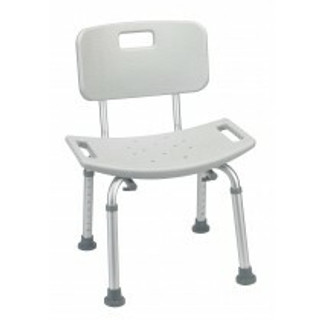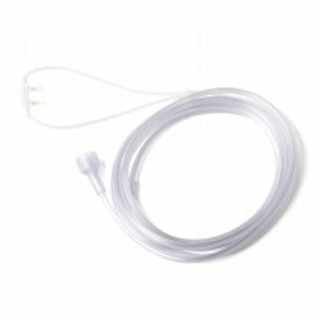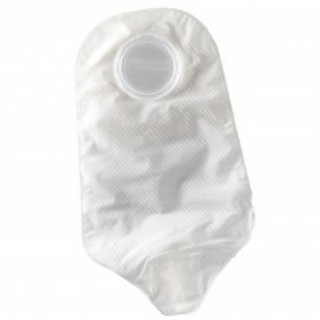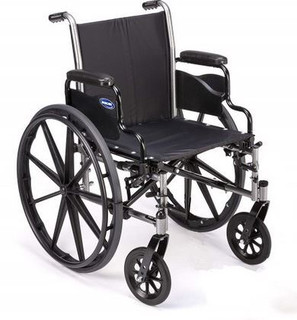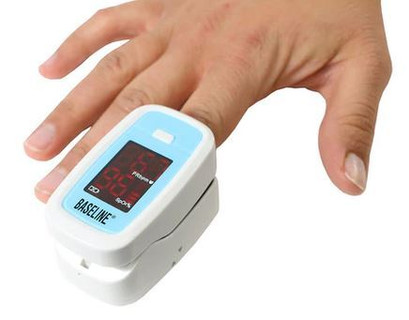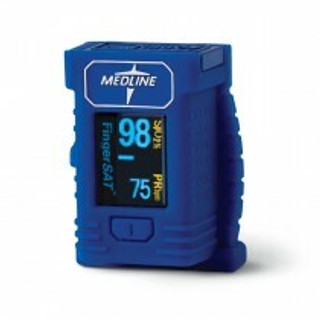Guide to a Healthy Diet for Seniors - Eight Essential Components
A healthy diet for seniors is essential for maintaining energy, supporting cognitive function, and reducing the risk of chronic diseases. As people age, their nutritional needs and eating habits may change, so it’s important to focus on nutrient-dense foods that support overall health. Here’s a general guide for a balanced diet for seniors:
1. Focus on Nutrient-Dense Foods
- Fruits and Vegetables: Aim for a variety of colors to ensure a wide range of nutrients. Fresh, frozen, or canned (without added sugars or salt) options are all good.
- Whole Grains: Choose whole grains like oats, brown rice, whole wheat bread, and quinoa for fiber and essential nutrients.
- Lean Proteins: Include sources like fish, poultry, eggs, legumes, and nuts. Plant-based proteins like tofu and beans are also excellent.
- Dairy: Opt for low-fat or fat-free options. If lactose intolerant, consider alternatives like almond milk or soy milk, ensuring they are fortified with calcium and vitamin D.
- Healthy Fats: Include sources of healthy fats like olive oil, avocados, nuts, and fatty fish like salmon.
2. Hydration
- Seniors may have a reduced sense of thirst, so it's important to encourage regular fluid intake. Water is the best option, but herbal teas, milk, and small amounts of 100% fruit juice can also contribute to hydration.
3. Special Nutrients to Focus On
- Calcium and Vitamin D: Important for bone health. Include fortified foods, dairy products, leafy greens, and consider supplements if necessary.
- Vitamin B12: With age, the absorption of B12 decreases. Include fortified cereals, lean meats, and consider a B12 supplement if recommended by a healthcare provider.
- Fiber: Helps with digestion and prevents constipation. Whole grains, fruits, vegetables, and legumes are good sources.
- Potassium: Important for heart health. Found in bananas, potatoes, and leafy greens.
4. Meal Frequency and Portion Sizes
- Smaller, more frequent meals can help maintain energy levels throughout the day. Be mindful of portion sizes to avoid overeating.
5. Considerations for Specific Health Conditions
- Heart Health: Limit saturated fats, trans fats, cholesterol, and sodium. Focus on heart-healthy foods like fruits, vegetables, and whole grains.
- Diabetes: Manage carbohydrate intake by focusing on complex carbs and fiber. Monitor blood sugar levels regularly.
- Bone Health: Ensure adequate calcium and vitamin D intake, and engage in weight-bearing exercises if possible.
6. Practical Tips
- Plan Balanced Meals: Each meal should include a balance of protein, healthy fats, and complex carbohydrates.
- Limit Processed Foods: These can be high in sodium, sugars, and unhealthy fats.
- Seasoning: Use herbs and spices instead of salt to add flavor.
7. Social and Lifestyle Considerations
- Social Eating: Encourage meals with family or community to improve appetite and mood.
- Physical Activity: Regular exercise complements a healthy diet and helps maintain muscle mass and overall health.
8. Supplements
- Consult a healthcare provider before starting any supplements, as needs can vary based on individual health conditions and medications.
A dietitian or healthcare provider can offer personalized advice, especially if there are specific health concerns or dietary restrictions.
Quality medical supplies are an important component in patient care for seniors. Providing your caregiver with the best equipment and supplies are crucial in maintaining optimal quality care. SafeWell Medical Supply carries the top name brands to help with everyday caregiver tasks from bathroom safety to mobility needs. Check out our complete product line below by clicking on the logo!






